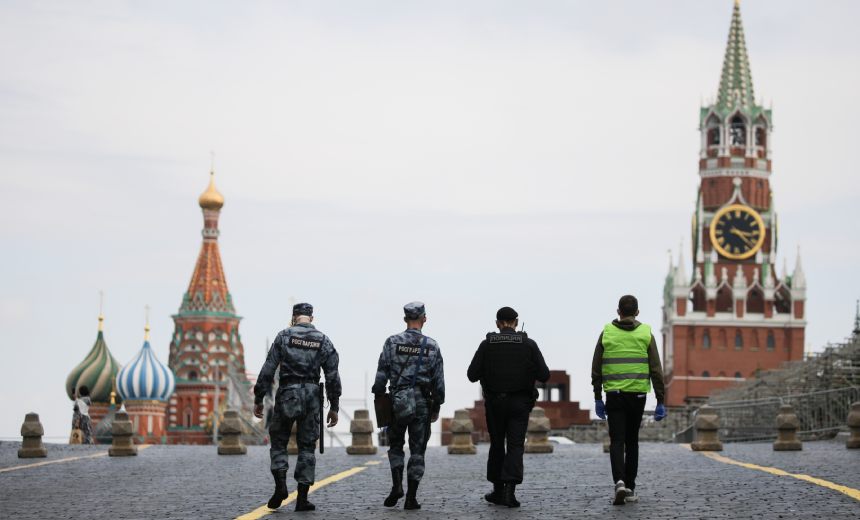Cyberwarfare / Nation-State Attacks,
Fraud Management & Cybercrime
Western Governments Issue Alert on Activities of Russian Unit 26165

Multiple cybersecurity agencies from Western nations recently warned that Russian intelligence is engaged in a sustained hacking campaign against logistics and technology enterprises. The primary focus of this campaign includes internet-connected cameras positioned near border crossings and military facilities.
The advisory outlines recognizable signs of compromise typical of operations attributed to Unit 26165 of the Russian Main Intelligence Directorate, also known by various names including Forest Blizzard, Fancy Bear, and APT 28. The alert highlights an increased risk for logistics and IT firms following Russia’s military invasion of Ukraine in February 2022.
Cyber agencies from the U.S., U.K., Canada, France, Germany, Denmark, Czech Republic, Poland, Estonia, and Australia noted that after initial military setbacks in Ukraine, Russian intelligence shifted its focus towards undermining Western logistics firms aiding Ukraine. Targets within this landscape have included sectors such as air, sea, rail transportation, IT services, and defense.
Unit 26165 employs widely recognized tactics to infiltrate systems, including credential guessing and leveraging the Tor network or commercial VPNs to obscure their operations. Attackers often deploy spear phishing techniques, directing victims to deceptive login pages typically hosted on compromised devices or free platforms. Some methods utilize complex redirectors, leading to recommendations for blocking outgoing internet traffic to specific domains to mitigate risks.
Another vector of concern is vulnerabilities in Microsoft Outlook, particularly a zero-day exploit patched in March 2023 that could potentially expose hashed passwords through specifically crafted Outlook appointment requests. This vulnerability (tracked as CVE-2023-23397) allows hackers to capture sensitive login information. Similarly, a flaw in WinRAR, patched in August 2023 (tracked as CVE-2023-38831), continues to enable attackers to replace legitimate files with malware when executed.
Once breaches occur, Russian hackers commonly exfiltrate Active Directory databases and search for Office 365 user lists to escalate mailbox permissions of compromised accounts, optimizing their access to sensitive data. Particularly, they focus on accounts with visibility into logistics and shipping details.
Additionally, IP cameras located in Ukraine and neighboring states such as Romania and Poland are primary targets. Hackers aim to exploit default credentials and conduct brute force attempts to gain access.
In a related political context, U.S. President Donald Trump recently reported a phone discussion with Russian President Vladimir Putin regarding Ukraine, indicating that both nations will soon engage in ceasefire negotiations. However, subsequent reports indicate limited progress, as Putin reiterated Russia’s position on Ukraine’s government legitimacy and territorial claims, exemplifying ongoing obstacles in reaching a peace treaty.
According to the U.S. Institute for the Study of War, Russian Security Council Secretary Dmitry Medvedev has continued to undermine negotiations by insisting on the illegitimacy of the Ukrainian government, reinforcing Russia’s steadfast resistance against making concessions in ongoing diplomatic efforts.
The implications of these developments are significant, warranting close attention from stakeholders in the cybersecurity domain, as the activities of Russian Unit 26165 underscore ongoing vulnerabilities and the need for enhanced protective measures across critical sectors.